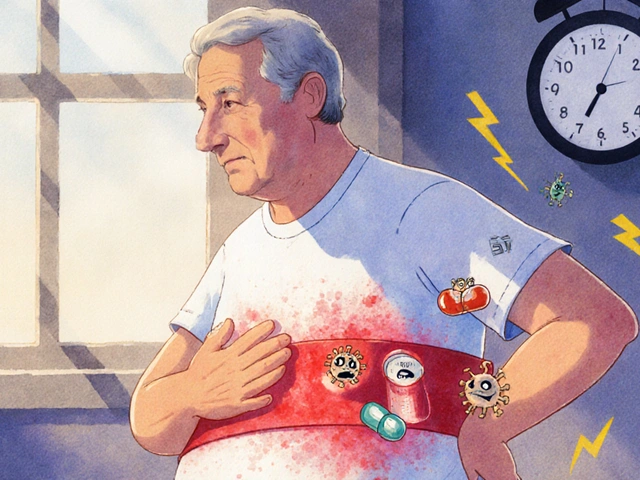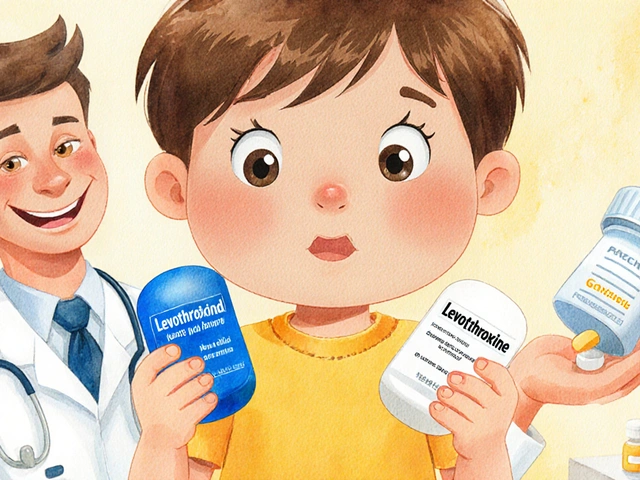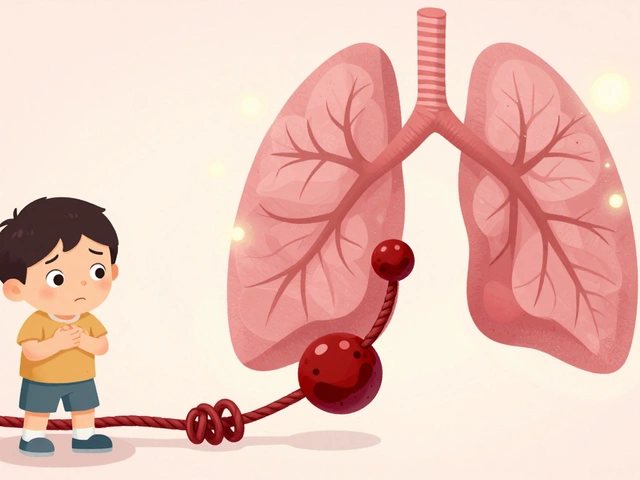Post-Stroke Fatigue: What It Is and How to Tackle It
After a stroke, feeling wiped out is common. It’s not just being sleepy – it’s a deep, lingering tiredness that can make everyday tasks feel like a marathon. This fatigue can show up weeks or months after the event and often catches people off guard.
Why Does Fatigue Stick Around?
Several factors team up to create post-stroke fatigue. The brain’s healing process itself uses a lot of energy, and the damage to certain areas can disrupt normal sleep patterns. Medications, especially blood thinners or antidepressants, may add to the drowsy feeling. Emotional stress, anxiety about recovery, and reduced physical activity also drain your reserves.
Practical Ways to Boost Your Energy
1. Prioritize sleep hygiene. Keep a regular bedtime, dim the lights an hour before sleep, and avoid caffeine after mid‑afternoon. Even short power naps (15‑20 minutes) can recharge you without harming nighttime rest.
2. Break tasks into bite‑size pieces. Instead of tackling a whole chore, do it in 10‑minute blocks with short breaks. This helps avoid the crash that follows a long, exhausting effort.
3. Move, but move smart. Light aerobic activity – a 10‑minute walk, seated marching, or gentle stretching – can improve circulation and mood, which reduces fatigue over time. Start slow and let your therapist guide you.
4. Stay hydrated and eat balanced meals. Dehydration and low blood sugar mimic fatigue. Aim for water throughout the day and meals that combine protein, healthy fats, and complex carbs (think oatmeal with nuts or a turkey‑spinach wrap).
5. Review your meds. Talk to your doctor about any medicines that might be making you drowsy. Sometimes a dosage tweak or a different drug can lift the fog.
6. Use energy‑saving tools. Reclining chairs, grab bars, and adaptive utensils can lessen the physical strain of daily tasks, saving you energy for the things you enjoy.
If your fatigue feels extreme, worsens, or is paired with new symptoms like confusion, shortness of breath, or depression, it’s time to reach out to your health team. They may check for anemia, thyroid issues, or sleep apnea – all conditions that can masquerade as post‑stroke fatigue.
Remember, recovery isn’t a straight line. Some days will be better than others, and that’s okay. By understanding why fatigue hits and using these everyday strategies, you can reclaim more of your day and keep moving forward in your stroke journey.





